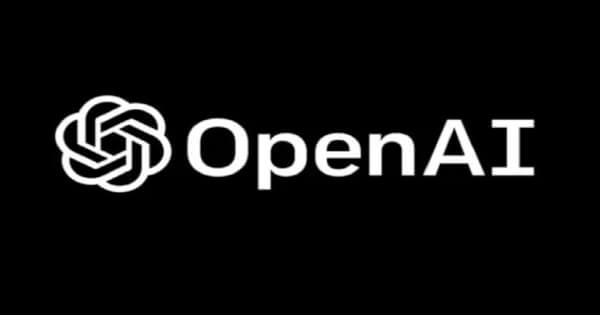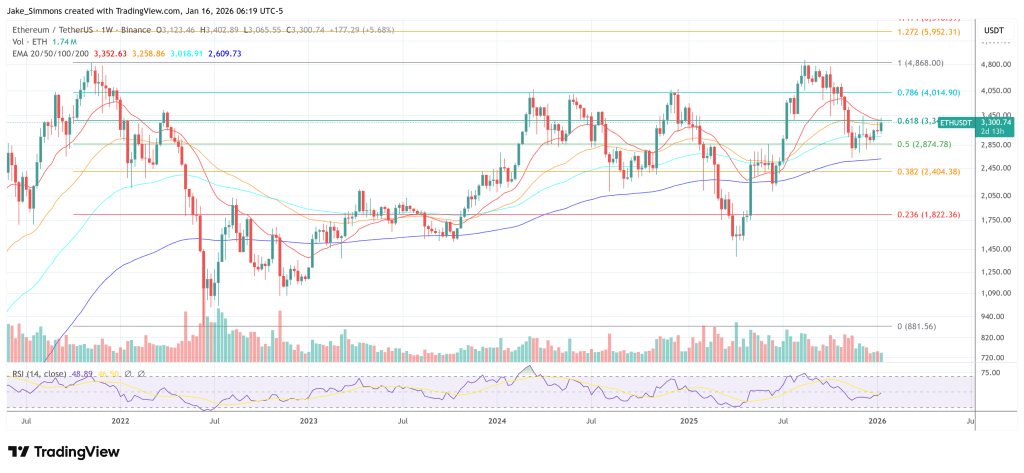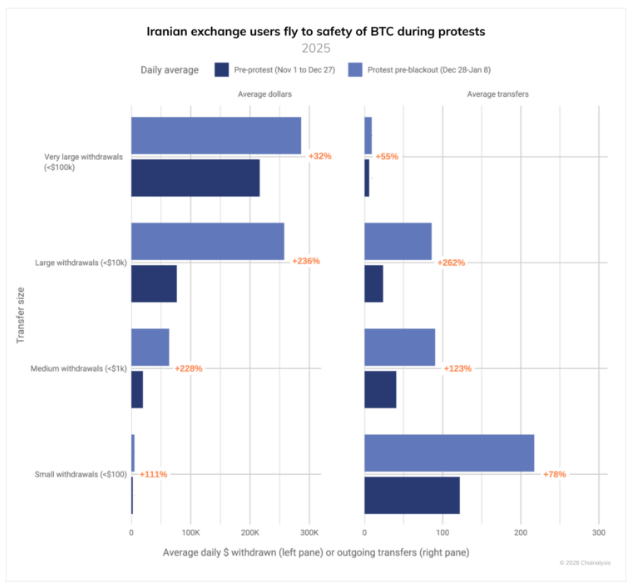There's been a lot of discussion lately about crypto and whether it is or isn't a security. This post is a writeup of the recent developments, an examination of the Howey Test, which is used to determine if something (anything) is a security, and my own personal thoughts.
The SEC (Gensler) seems to be on the war path and is trying to burn crypto to the ground. In June 2023, the SEC sued Coinbase for the sale of unregistered securities.[1] In the last few days, it has come out that the SEC told Coinbase they view "every [crypto] asset other than bitcoin"[2] is a security. This claim alone is alarming and seems very odd on its face. If BTC is not a security, why is everything else? What makes BTC that different? (Cue the calls of They need it this way so they can get rich! Blackrock ETF! Aliens!)
Last month, we also got the Ripple ruling[3]:
U.S. District Judge Analisa Torres in New York on Thursday [July 13, 2023] ruled its sales on public cryptocurrency exchanges were not offers of securities because purchasers did not have a reasonable expectation of profit that depended on Ripple's efforts, a key factor in determining if XRP was a security at the time. However, she also ruled Ripple's direct sales of XRP to investors should have been registered as securities, handing the SEC a partial victory.
Curious that institutional investors (the primary market) would depend on the Ripple company to return profits to them, but retail investors (the secondary market) would not.
If it's a security, it's a security. Right?
-_- Right?
Well, a couple of days ago, Judge Jed Rakoff disagreed with Judge Torrens ruling and said[4]:
The Court rejects the approach recently adopted by another judge of this District in a similar case, SEC v. Ripple Labs Inc. […] Howey makes no such distinction between [primary and secondary] purchasers.
Both judges applied the Howey Test and came to different conclusions.
So, what is the Howey Test? It is a set of four rules that came out of a Supreme Court case back in 1946. It had nothing to do with stocks or technology. It was a court case about orange groves, the leasing of those orange groves, and the shared profits between the Howey Company and the people who owned the orange groves. The Howey Company had not registered their operation under the Securities Act, and the SEC came after them. They lost the case because the Supreme Court determined that what they were doing would be classified as a security. (I am not a lawyer. Read the Investopedia article[5] for yourself.)
The Howey Test says, for something to be considered a security, it must pass all four of these tests. It is....
An investment of money
In a common enterprise
With the expectation of profit
To be derived from the efforts of others
This does not sound too complicated. Let's try it with BTC, since the SEC says it is not a security.
Is it an investment of money? I think we can all agree it is.
Is it a common enterprise? Hmm. Not really, is it? Miners don't work together in a common enterprise. Exchanges don't work together. There really is no 'common enterprise' with Bitcoin.
When we invest our money, do we have an expectation of profit? I can't help but laugh at this one. There is certainly a hope of profit, I would say. But yes, to the spirit of this test, there is an expectation of profit. We wouldn't do it if we knew we were going to lose money on it. It's not a charity case.
Is the expectation of profit derived from the efforts of others? Again, I don't think so. The efforts of others -- miners, for example - affect the landscape. But I don't base my expectation of profit on any miners. There is no 'active development' happening on btc. It just is a thing. In fact, even the original developer of bitcoin is unknown, so there is literally no one that could be contributing efforts from which our profit would be derived.
Conclusion: IMO, bitcoin passes on tests 1 and 3, but it fails on 2 and 4. Result? Bitcoin is not a security.
But what if we apply these same rules to another crypto, like Ethereum? Or HEX? Or Safemoon?
Consider that if a coin had an ICO (Initial Coin Offering) where certain people got a bunch of coins for free or had first dibs to buy or something like that, the SEC is probably going to view that as a "common enterprise." If coins are being issued by someone, who are they being issued by? That person/people are the enterprise.
Now consider what is happening with your favorite crypto project. Are the devs actively working on the next cool thing that is going to draw you in or make a millionaire? Is someone doing something that is the basis for your future gains? We're not talking about "the greater fool" where future price is dependent on other people buying higher. We're talking about (usually) what "the enterprise" is actively doing to make the project (the coin) better. If that describes your favorite crypto, then it probably is a security under this test. Critically, there is an enterprise that has people doing things that will lead to you getting a return on your investment.
So, what? Let's say your favorite crypto gets labeled a security by the SEC. "That's fine," you think. grumble "So, what, I have to abide by the wash sale rule now? How else does this even affect me?" Well, beyond your personal outrage that the SEC would have the audacity, it also means that the coin exchanges you use in the U.S. can no longer offer that coin to U.S. customers. Why? Couldn't the exchange just become a registered securities exchange? Sure. But the problem is the coin itself, the asset, is not a registered security. And the 'enterprise' responsible for the 'efforts' that lead to your future profit cannot register their crypto project and its coins as securities because there literally is no pathway for that to happen.
The obvious conclusion is that a legal framework is needed to allow crypto to exist. Otherwise, all the SEC is going to do is strangle its growth and participation in the U.S. Perhaps that has been their goal all along. (Cue the people from earlier going, "See! We told you!")
Sources:
[link] [comments]

You can get bonuses upto $100 FREE BONUS when you:
💰 Install these recommended apps:
💲 SocialGood - 100% Crypto Back on Everyday Shopping
💲 xPortal - The DeFi For The Next Billion
💲 CryptoTab Browser - Lightweight, fast, and ready to mine!
💰 Register on these recommended exchanges:
🟡 Binance🟡 Bitfinex🟡 Bitmart🟡 Bittrex🟡 Bitget
🟡 CoinEx🟡 Crypto.com🟡 Gate.io🟡 Huobi🟡 Kucoin.















Comments